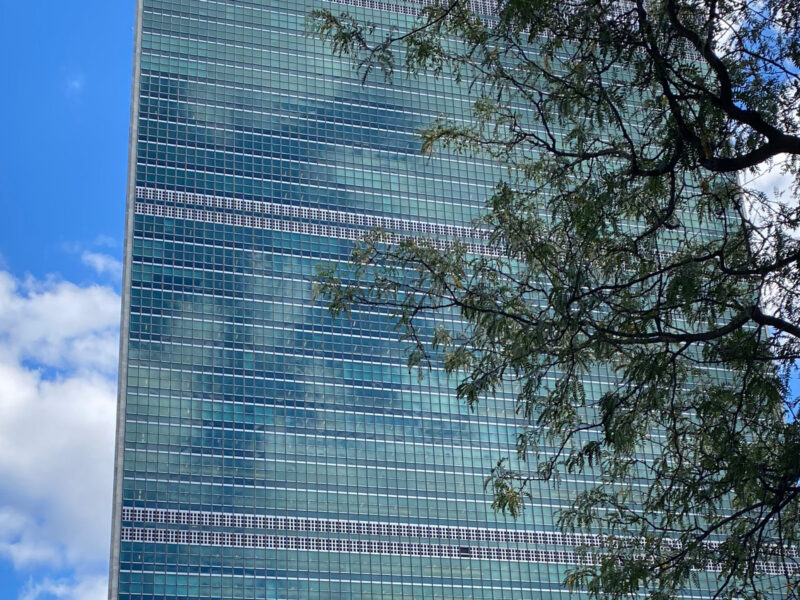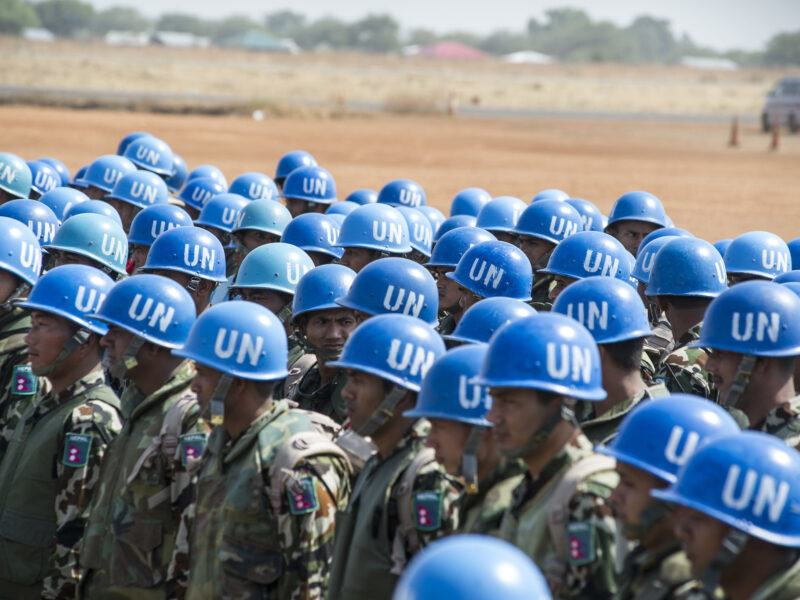Remembering Russia’s full-scale invasion of Ukraine
24 februari, 2023A personal account on Russia’s full-scale invasion of Ukraine from Julia Sedyk and Carl Fredrik Birkoff, Project Coordinator and Project Manager.
Within the framework of the strategy for Sweden’s regional development cooperation with sub-Saharan Africa 2016-2021 FBA is expected to contribute to increased regional integration and strengthened capacity to address cross-border challenges and opportunities at regional levels. This assignment is very much in line with the innovative, comprehensive and integrated cross-border programme between Ethiopia and Kenya initiated by the Ethiopian and Kenyan governments, in partnership with the Intergovernmental Authority on Development (IGAD) and the United Nations.
During the scramble for Africa, the national boundaries of most African countries were artificially carved out without due consideration to the socio-economic and cultural links of communities who live in the region, thus separating the same ethnic groups between different states.
Kenya and Ethiopia share a large porous border straddling a length of 861 kilometres and the communities around the Kenya-Ethiopia border have long been associated with internecine violence, extreme poverty, and environmental stress. It has led to disastrous societal consequences, including displacement, criminality and violent extremism. This cross-border area is characterized by poorly developed physical infrastructure, remote from the respective capitals (Nairobi and Addis Ababa), and low school enrolment rates combined with low literacy levels and poor education indicators. All the development indices in this cross-border area are much lower than the national averages of the respective countries.
It is now recognized that conflict stands directly in the way of achieving the Sustainable Development Goals. Conflict is exhibited in ethnic wars and clan rivalry in the target area. As a consequence of these conflicts, tremendous human and material resources are lost. These widespread conflicts are imposing enormous cost not only to the countries where conflicts are raging but to their neighbouring countries as well. The increase in violent conflicts, including those around issues of local autonomy and ethnic identity, as well as conflicts over the distribution of resources, has hampered social integration and diverted attention and resources away from economic development to conflict management.
Related to the above challenges is youth unemployment and marginalization, which increases the risk of radicalization of this important group of the society and entices them to join terrorist groups. Extremism, which often evolves into terrorism, has its origin in human insecurity, which is linked to exclusion, poverty, marginalization and lack of access to resources and power. However, the tipping point is how the government treats its youth and the marginalized communities who are susceptible to recruitment by radical groups.
Due to cultural, societal and community perceptions of the role of women in the society, women continue to be denied access to planning and decision-making forums that make crucial choices and decisions on issues that affect their communities, notwithstanding the fact that women and the youth (both girls and boys) are the most vulnerable victims of conflict and human insecurity.
However, the cross-border programme is changing this narrative. During a visit to Kenya by the UN Secretary-General, António Guterres, President Uhuru Kenyatta specifically mentioned the Kenya-Ethiopia cross-border programme and noted the importance of this innovative area-based development programme, which he said has the potential of being replicated elsewhere. The initiative is driven by the need to foster peace and sustainable development in the cross-border area of Marsabit County in Kenya, and the Borana/Dawa zones in Ethiopia, and was launched in December 2015 by President Uhuru Kenyatta of Kenya and the former Prime Minister of Ethiopia, Hailemariam Desalegn.
Among the positive signs of this initiative is the determination to establish peace as the basis for integration. Local peace committees, comprising of different ethnic groups, have been working relentlessly to maintain peace and promoting harmonious coexistence. The elders also testified to the fact that the number of young people getting radicalized and tempted to join extremist/terror groups had declined significantly.
Achim Steiner, the UNDP Administrator, emphasized at an event in New York “the critical importance of leaving no one behind and reaching the furthest behind first”. The cross-border programme is a very good example that the Sustainable Development Goals are achieved for everyone, everywhere.
av Carl Fredrik Birkoff, Julia Sedyk
Many people imagine war as life buried under rubble, isolated and broken. That is one face of it, for sure. But the other side is much more surreal: a “normal” routine that persists despite everything.

FN-dagen infaller den 24 oktober. När organisationen nu firar sin 80-årsdag är det många som undrar hur den mår.

Amidst rising global tensions and a continuous increase of authoritarianism, polarisation and disinformation, the need for evidence-based solutions for conflict resolution, prevention and peacebuilding is now more crucial than ever before.

Democratic practices have a long history in Iraq. But as a consequence of the more recent decades of authoritarian and centralized rule, the distinct responsibilities of citizens and the state in a democracy cannot be taken for granted.